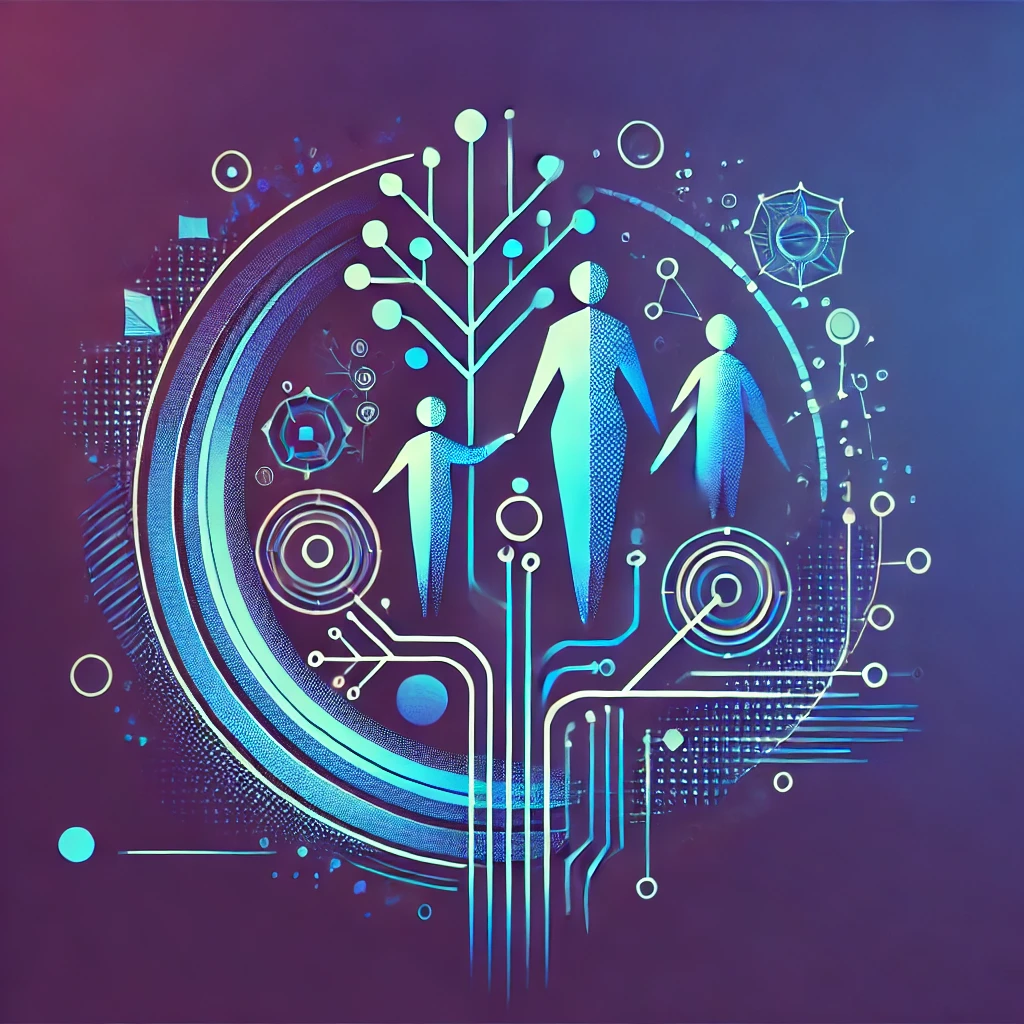
Introduction:
The cultural impact on family dynamics is one of the most profound changes we’ve seen in recent decades. Shifts in societal values, gender roles, and economic structures have redefined the way families function, with lasting effects on future generations. But how did we get here, and what does this mean for the future of family life?
The Evolution of the Family Unit
The family unit has undergone significant transformations over the past few decades. Dr. Erickson discusses how the rise in divorce rates, delayed marriages, and shifting gender roles have all contributed to the changing face of the modern family. While these shifts have given individuals more autonomy, they have also weakened the stability of the traditional family structure. This cultural shift has led to a decline in long-term, committed relationships, which were once the bedrock of family life.
How Individualism Redefines Relationships
A significant factor in the changing dynamics of family life is the rise of individualism. Today, many people prioritize personal fulfillment and autonomy over long-term commitments, including marriage and parenthood. Dr. Erickson explains how this shift toward individualism has redefined relationships, making them more transactional and less about deep, enduring connections. While individualism has empowered many, it has also led to increased isolation and a weakening of the family as a cohesive unit.
The Ripple Effect of Changing Gender Roles
The evolution of gender roles has also played a critical role in reshaping family dynamics. In the past, men were typically the primary breadwinners, while women took on caregiving roles. However, today’s families often see both partners working outside the home, leading to a more egalitarian division of labor. While this shift has provided women with more opportunities, it has also created new challenges for families, as both partners juggle work and family responsibilities.
Conclusion:
Cultural shifts have had a profound impact on modern family dynamics, altering the way we relate to one another and raising questions about the future of the family unit. For more insights into how these changes have shaped family life, listen to the full podcast episode with Dr. Erickson on the EdgeHog Podcast.
Explore more about these related topics, read our articles on Marriage and Happiness and The Importance of Family in Child Development.


